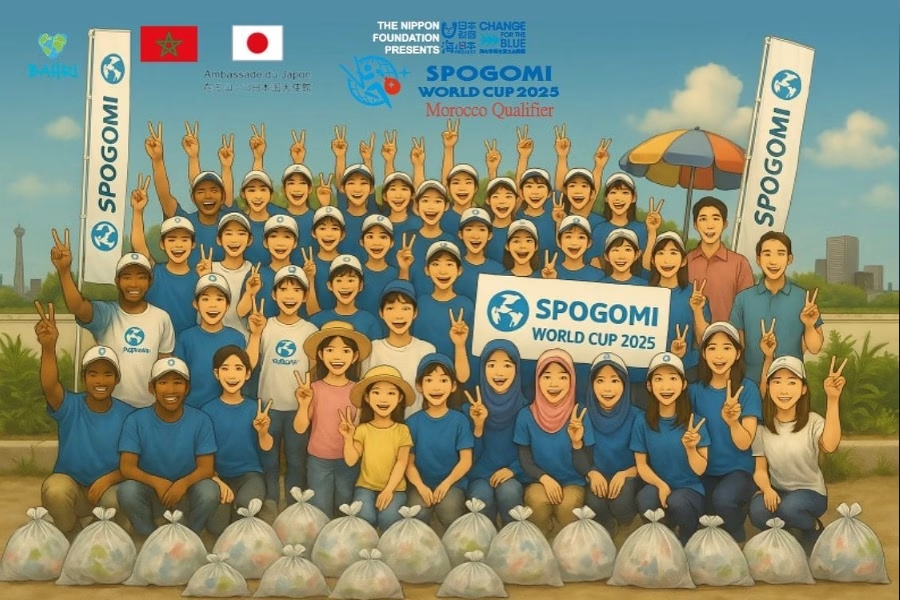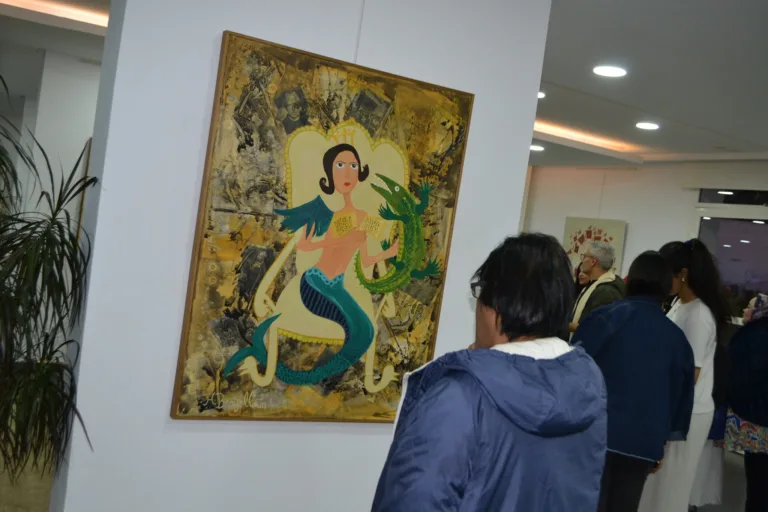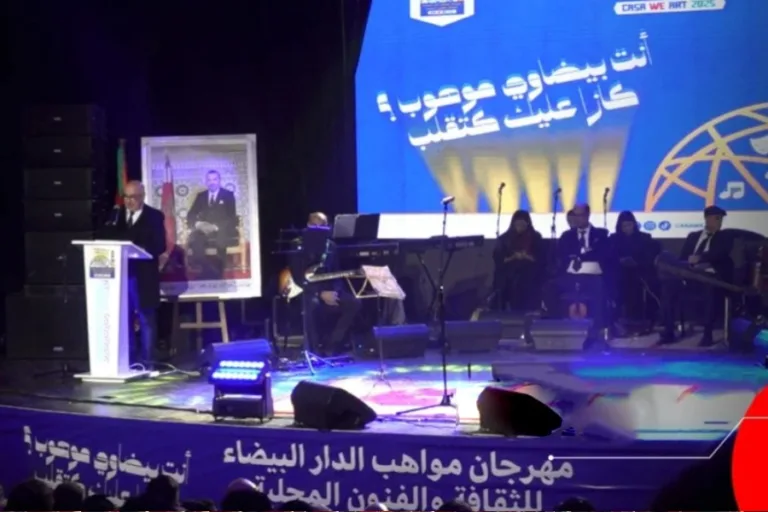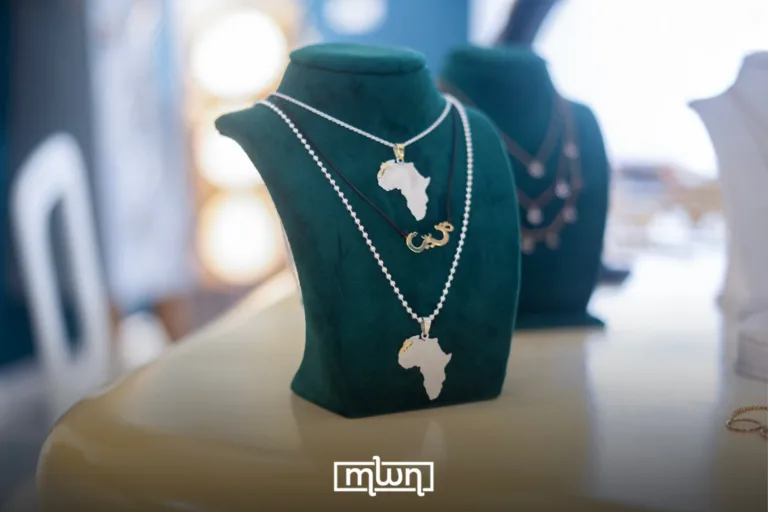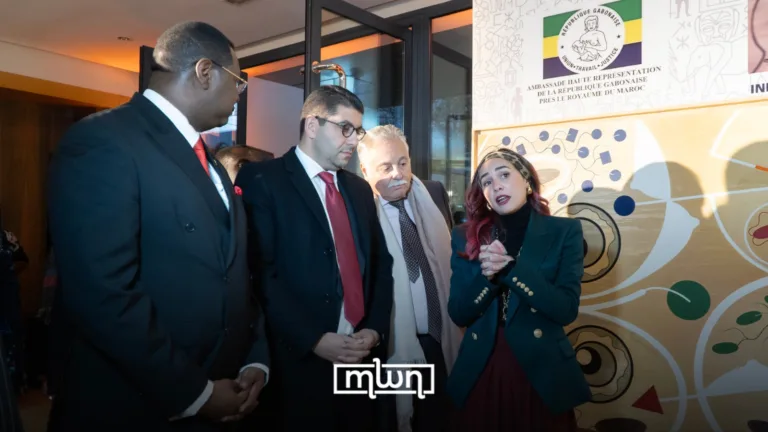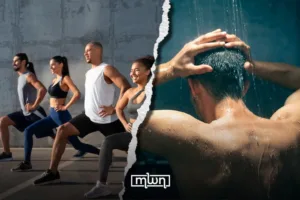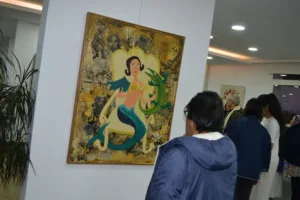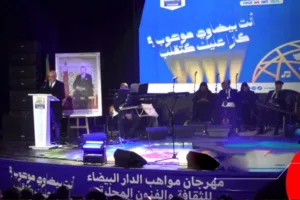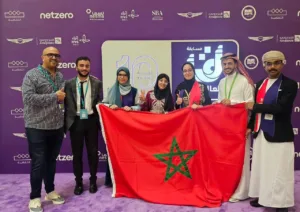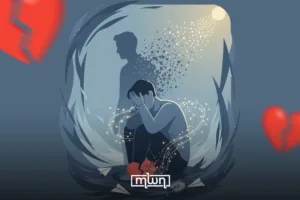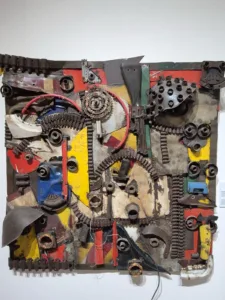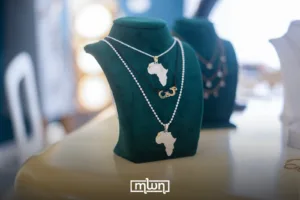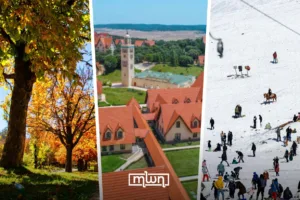Spogomi, the Japanese sport that turns trash collection into competition, lands in Casablanca this weekend.
Fez– Morocco is set to host the national qualifier for the 2025 Spogomi World Cup this Saturday, June 28, on the beach of Ain Diab in Casablanca.
This eco-sporting event, both playful and purposeful, returns for its second edition in the country, organized by the Bahri Association, under the patronage of the Embassy of Japan in Morocco, and supported by The Nippon Foundation.
The event marks more than a beach cleanup, it’s a competitive sport with a clear environmental mission.
Spogomi, a Japanese invention whose name fuses the words “sport” and “gomihiroi” (garbage collection), was created in 2008 and has since evolved into a global movement.
Teams of three race against the clock to collect and sort trash within a defined perimeter.
Points are awarded not only based on volume but also on the type of waste gathered. It’s fast, strategic, and unexpectedly fun, but also deeply educational.
At a glance, it might look like a game. But the structure and intent behind Spogomi are far from casual. It’s a tool of environmental education disguised as a contest, one that brings together all generations around a shared objective: protecting public spaces and reducing plastic pollution through real, visible action.
Thirty Moroccan teams will take part in the 2025 Morocco Qualifier, with the winning team earning a spot in the global final of “The Nippon Foundation Spogomi World Cup” in Tokyo this October.
Last year, Morocco made a strong impression in its debut year, ranking fifth out of 21 participating countries, a performance that signaled not only competitiveness but genuine civic engagement on environmental issues.
The ambition for this year’s edition is to go even further. Organizers aim to turn the event into a broader platform for action and dialogue.
Students, families, NGOs, businesses, and institutions are all encouraged to take part, not just as competitors, but as supporters, volunteers, and advocates.
The beach becomes a temporary hub where sport, sustainability, and community intersect.
What makes Spogomi different is that it doesn’t separate awareness from action. Participants don’t just talk about environmental responsibility, they act on it.
Each item of trash collected becomes proof of effort, each team a small force for change.
That message is especially powerful for younger generations, who are growing up in a world shaped by climate urgency. Here, they get a chance to engage directly, with purpose and optimism.
The event also reflects Morocco’s growing integration into global environmental initiatives. Thanks to the work of the Bahri Association, founded in 2010 and now a national reference in environmental education, Morocco joined the international Spogomi circuit in 2023.
Bahri continues to lead on coastal protection and youth engagement, bringing creative and practical solutions to the national sustainability agenda.
The 2025 Morocco Qualifier says that waste isn’t invisible. That cleaning up isn’t someone else’s job. That collective action can be joyful, inclusive, and motivating.
And that sport can be a surprising but powerful force in shaping new habits.
In a world of climate summits and slow-moving policies, Spogomi offers something refreshing: immediate impact and visible results.
On June 28, Casablanca’s Ain Diab beach won’t just be a scenic backdrop, it will be a test ground for commitment, collaboration, and the kind of active citizenship the planet urgently needs.
Read also: Ait Ben Haddou Listed Among CNN Travel World’s Most Beautiful Castles

